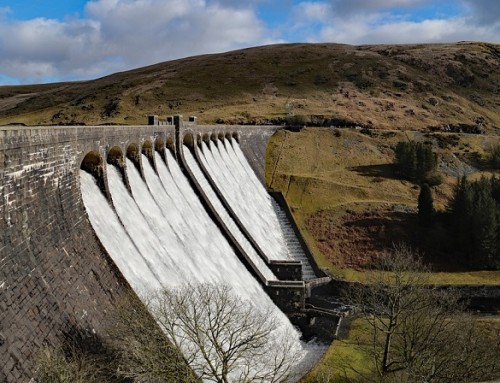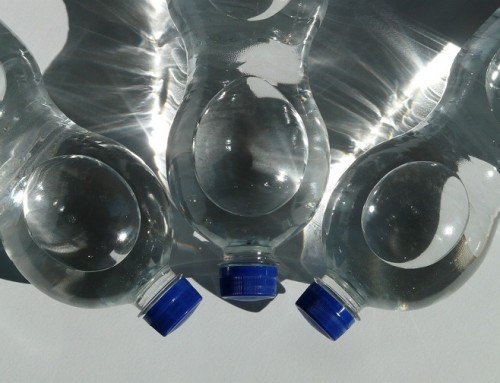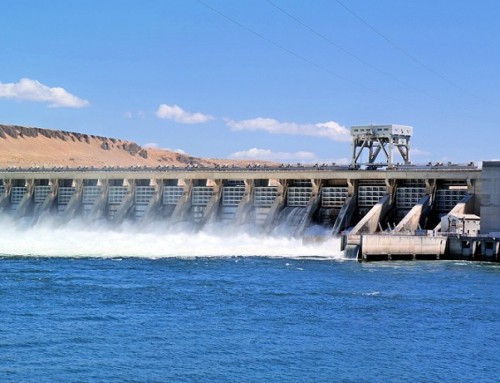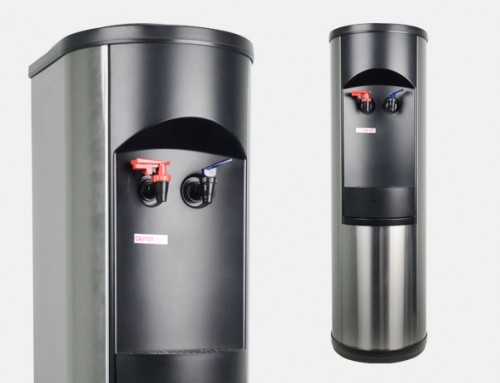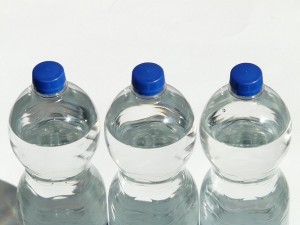
While the land surrounding underground water sources are supposed to be subject to rigorous and extensive environmental protection, and catchment areas are supposed to be highly protected zones that can extend up to several thousands of hectares, is this really always so?
Protective measures are supposed to be put in place to prevent pollution and any type of contamination of the water on its way to the source, and by rights, producers of bottled water should work hand-in-glove with local communities, public authorities and farmers to ensure the protection of the source, biodiversity and natural habitats in the area, but do they really?
While it is true that some water companies do actually care about the environment and about the communities in the surrounding areas, and ensuring that their water resources are protected, the love of money has crept in and there are companies that continually overrule and override local communities to get at new water resources, to the detriment of those communities.
One company that has been in the news several times over the past decade, and is still currently embroiled in various contentious contracts, is the Nestlé corporation in Switzerland, which currently controls more than 70 of the world’s bottled water brands, among them Perrier, San Pellegrino and Vittel.
The current Chairman and former CEO of Nestlé, Peter Brabeck-Letmathe, believes that the answer to global water issues is privatisation. He is infamous for his statement that “access to water is not a public right.†This belief of his has been proven time and time again in various countries where Nestlé has continued to pump as much water as it likes in order to make a “buck†irrespective of whether the local communities have sufficient water to sustain their own needs or not, with the latest being the pumping of water out of California aquifers despite the fact that this is an historically drought-stricken area.
This thing of bottling water and then making people pay ridiculous amounts for it needs to stop; it is unnecessary, not good for individuals, and certainly not good for the environment. People should far rather invest in a water cooler that can provide them with fresh, non-toxic, chilled drinking water virtually 24/7, and they can then fill their own reusable water-bottles whenever they want, saving money and the environment and putting money-grabbing, unscrupulous bottled water companies out of business.


